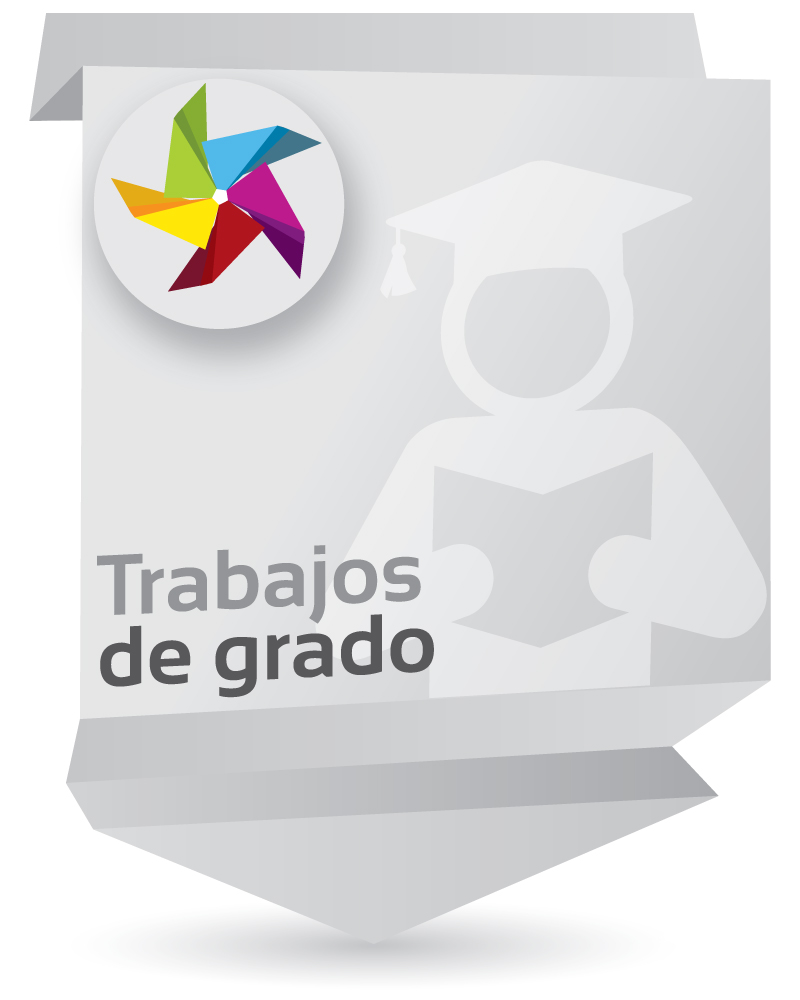Web-learning apps and early primary students’ EFL vocabulary acquisition

Visualizar/
Enlaces del Item
URI: http://hdl.handle.net/10818/50609Compartir
Estadísticas
Ver as estatísticas de usoMétricas
Catalogación bibliográfica
Apresentar o registro completoAsesor/es
Carl Edlund, AndersonData
2022-02-02Resumo
El aprendizaje de lengua extranjera en colegios bilingües en nivel preescolar esta mayormente basado en modelos internacionales que, en áreas particulares como el aprendizaje de vocabulario, no reconocen las necesidades propias de la etapa pre-operacional del desarrollo cognitivo correspondiente a estas edades. El propósito de esta investigación es examinar la influencia de las aplicaciones web para el aprendizaje de vocabulario en nivel preescolar como una estrategia alternativa en el contexto de colegios bilingües. Las participantes de este proyecto fueron 13 estudiantes entre 5 y 6 años de un colegio bilingüe femenino quienes fueron observadas, entrevistadas y evaluadas a través de una experiencia de usuario y tests previos y posteriores de vocabulario que compararon su desempeño antes y después de la intervención. Los datos recopilados a través de un enfoque de investigación mixto comprobaron que el uso de aplicaciones web tiene efectos positivos en la competencia lingüística de las estudiantes. Early primary students in bilingual schools acquire language through international models that,
to particular issues such as vocabulary acquisition, do not address the needs of the pre operational developmental stage (Martínez, 2017). The purpose of this study was to examine the
influence of web-learning applications on early primary students’ L2 vocabulary acquisition as
an alternative strategy in their context. A group of 13 female participants between 5 and 6 years
old from high socio-economic status backgrounds was observed in the use of English
vocabulary, interviewed through a user experience model, and scored in a pre- and a post-test to
compare their language performance before and after the implementation of two web learning
applications in English class. The results obtained through a mixed-method research approach
suggest a positive effect of web-learning applications regarding students’ linguistic competence.
In addition to this, this study highlights other relevant outcomes concerning students’ language
learning awareness and students’ perception of a successful learning experience. These findings
are pertinent for the bilingual preschool context because they offer an alternative for vocabulary
instruction and provide insights into students’ perspectives on technologies and foreign language
learning.

















